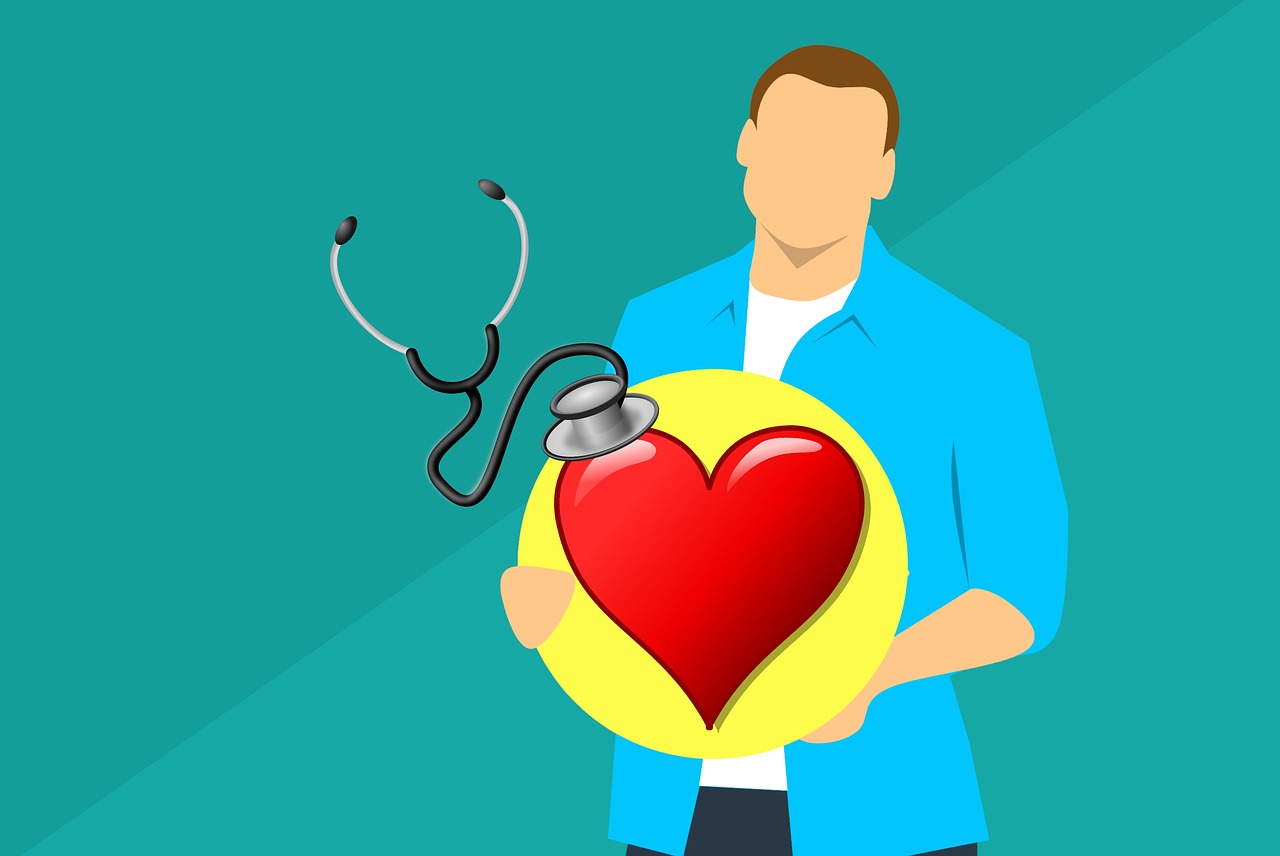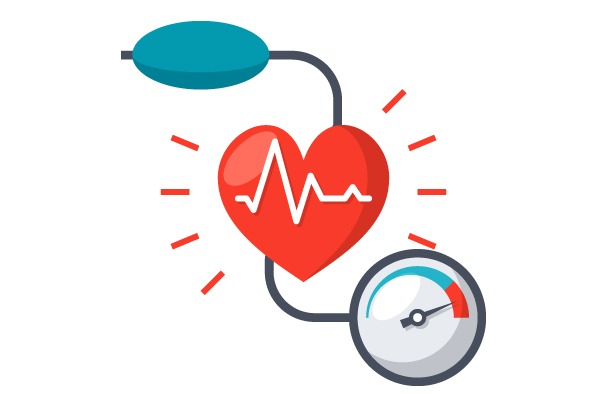Loading..
Loading..
123/A, Miranda City Likaoli Prikano, Dope
+0989 7876 9865 9
+(090) 8765 86543 85
Blood pressure is the force of the blood on the artery walls as the heart pumps blood through the body. Hypertension is the term for blood pressure that is consistently greater than normal is called essential or primary when no cause for the hypertension can be discovered. (When the cause of hypertension is understood, such as kidney disease and growths, it is called secondary hypertension.) About 95% of all individuals with high blood pressure have necessary high blood pressure.
Normal Blood pressure ranges approximately 120/80 (" 120 over 80") but high blood pressure can fluctuate with workout, rest, or emotions. The pressures are determined in millimeters of mercury. The upper number (120) is the pressure when the heart presses blood out to the rest of the body (systolic pressure). The bottom number (80) is the pressure when the heart rests between beats (diastolic pressure).
Healthy blood pressure is less than 120/80. Pre-high blood pressure (prehypertension) is from 120/80 to 139/90. Stage I high blood pressure ranges from 140/90 to 159/99. Stage II hypertension is over 160/100.
If repeated checks of your blood pressure show that it is greater than 140/90, you have high BP.
When your BP is high, your heart has to work harder simply to pump a regular amount of blood through your body. The higher pressure in your arteries might trigger them to weaken and bleed, resulting in a stroke. With

time, blood vessels might end up being hardened. This frequently occurs as people age. Hypertension speeds this procedure. Capillary damage is bad due to the fact that solidified or narrowed arteries may be unable to supply the amount of blood the body's organs require. The greater artery pressure might lead to atherosclerosis, in which deposits of cholesterol, fatty substances, and blood cells block an artery. Atherosclerosis is the leading cause of cardiac arrest. It can likewise trigger strokes. The included workload on the heart triggers thickening of the heart muscle. With time, the thickening damages the heart muscle so that it can no longer pump usually. This can result in a disease called cardiac arrest. Your kidneys or eyes may also be damaged. The longer you have high blood pressure and the higher it is, the more likely it is you will develop issues.
There are no clear causes of essential hypertension Nevertheless, many different factors can increase blood pressure, such as:
Being obese Smoking cigarettes Eating a diet high in salt Consuming a great deal of alcohol Other crucial factors consist of: Race: African Americans are most likely to develop high blood pressure. Gender: Males have a higher opportunity of developing high blood pressure than ladies until age 55. Nevertheless, after the age of 75, women are most likely to develop high blood pressure than males. Genetics: If your parents had hypertension, you are more at threat. Age: The older you get, the more likely you are to develop hypertension.
Some medications increase blood pressure. Tension and drinking caffeine can make blood pressure increase for a while, however the long-lasting impacts aren't yet clear.
Among the sneaky aspects of hypertension is that you can have it for a very long time without symptoms. That's

why it is very important for you have your blood pressure examined at least Once a year.
If you do have symptoms, they may be:
Headaches, Burning out easily, Lightheadedness, Nosebleeds, Chest discomfort, Shortness of breath
Although it occurs seldom, the very first sign might be a stroke.
Because it is such a typical issue, high blood pressure is inspected at many health care visits. High blood pressure is usually found during among these sees. If your blood pressure is high, you will be asked to return for follow-up checks. If your pressure remains high for 3 check outs, you most likely have high blood pressure.
Your healthcare provider will ask about your life situation, what you consume, and if hypertension runs in your household. You might have urine and blood tests. Your company may buy a chest x-ray and an electrocardiogram (ECG). You might be asked to utilize a portable blood-pressure determining device, which will take your pressure at various times throughout day and night. All of this testing is done to try to find a possible cause of your hypertension.
If your high blood pressure is above normal (prehypertension), you may be able to bring it down to a normal level without medication. Weight reduction, changes in your diet, and exercise may be the only treatment you need. If you also have diabetes, you may require extra treatment.
If these way of life modifications do not decrease your blood pressure enough, your healthcare supplier may recommend medication. A few of the kinds of medicines that can assist are diuretics, beta blockers, ACE inhibitors, calcium channel blockers, and vasodilators.

These medicines operate in different methods. Many individuals need to take 2 or more medications to bring their blood pressure to a healthy level.
When you begin taking medication, it is necessary to:
Take the medicine regularly, precisely as prescribed. Inform your healthcare provider about any adverse effects immediately. Have regular follow-up with your healthcare provider.
It might not be possible to know in the beginning which drug or mix of drugs will work best for you. It might take several weeks or months to discover the best treatment for you.
You might need treatment for high blood pressure for the rest of your life. Nevertheless, appropriate treatment can control your blood pressure and aid avoid or postpone issues. If you currently have some complications, lowering your high blood pressure might make their impacts less serious.
Your treatment will be much more reliable if you follow these standards:
Always follow your healthcare provider's instructions for taking medications. Check your blood pressure as often as your healthcare service provider advises and keep a chart of the readings. Do not smoke. Follow a diet that is low in fat, cholesterol, red meat and sugary foods while stressing fruits, vegetables, whole-grain items, fish, poultry, nuts and low-fat dairy foods. Use less salt. Get routine exercise like strolling, cycling, or swimming at least 30 minutes 3 to 5 times a week. Limit the amount of alcohol you consume. One beverage a day for ladies and approximately 2 drinks for guys Limit the amount of caffeine you consume. Attempt to reduce the tension in your life or discover how to deal better with circumstances that make you feel distressed